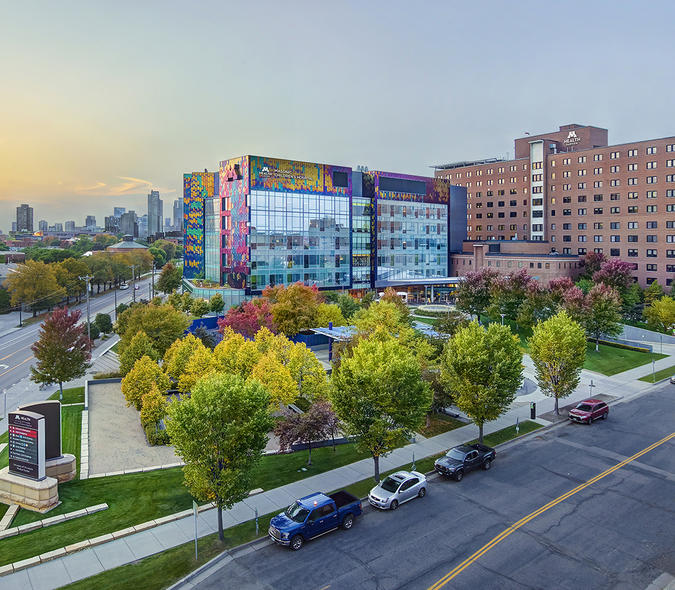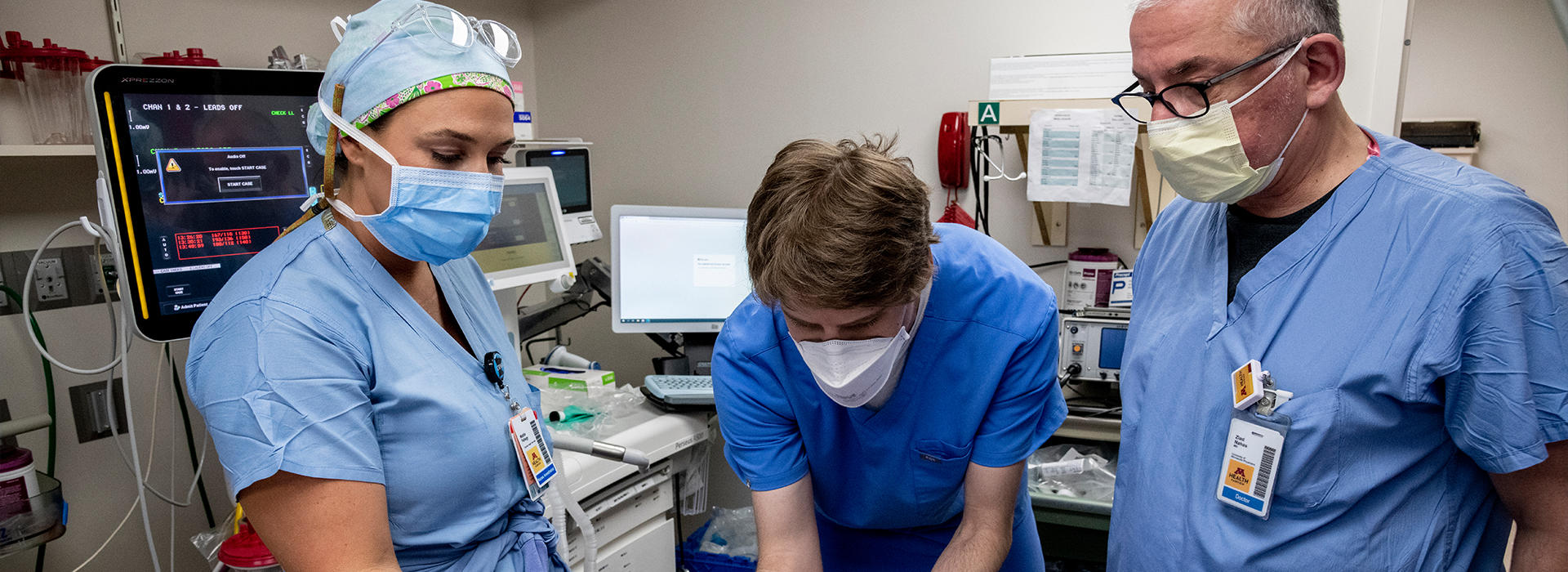
Neuromodulation Medicine Fellowship
The University of Minnesota Medical School recently established an innovative one-year multidisciplinary Subspecialty Fellowship program in Neuromodulation Medicine. Participating Departments are Neurology, Neurosurgery, Psychiatry and Rehabilitation Medicine. The program is recognized as an ACGME Non-Standard Training (NST) program and is funded through the Discoveries and treatments for Brain Conditions area of the Minnesota Discovery and InnoVation Economy (MnDRIVE) initiative.
The main goal of the fellowship is to provide the opportunity to develop the expertise necessary to evaluate and manage patients with neuromodulation-amenable disorders using specialized procedures and techniques. It is the intent of the University of Minnesota Neuromodulation Medicine training program to develop neurology, neurosurgery, psychiatry and rehabilitation medicine specialists into competent, independent neuromodulation subspecialists. Fellows will receive extensive training in the use of neuromodulation for clinical evaluation treatment and rehabilitation across a wide range for modalities, with emphasis on the specialty of the trainee. Fellows are expected to rotate in all disciplines and be involved with research.
Applicants must have graduated from an ACGME accredited training program (or equivalent) in Neurology, Neurosurgery, Psychiatry or Rehabilitation Medicine, and be board certified or board certification eligible.
Acceptance into the program will be made by the primary and specialty program directors and faculty based on the individual's qualifications, including curriculum vitae and letters of recommendations from the training program from which the applicant has graduated. Preference will be given to individuals with an interest in pursuing a career in academic medicine.
The program is administered through the Department of Psychiatry & Behavioral Sciences. Applications are currently being accepted for the 2024-2025 academic year. The deadline to apply for the 2024-2025 academic year is February 8, 2024.
Training
Apply
Requirements
Application requirements for Neuromodulation Medicine Fellowship:
- Formal letter expressing personal interest in the Neuromodulation Medicine Fellowship.
- Current Curriculum Vitae
- Three letters of reference from the training program from which applicant will or has graduated
- Completion of the Application
All application materials and inquiries for the Neuromodulation Medicine Fellowship:
Neuromodulation Fellowships Coordinator
612-624-4624
neuromodfellows@umn.edu
Application Deadline
Applications are currently being accepted for the 2024-2025 academic year. The deadline to apply for the 2024-2025 academic year is February 8, 2024.
Training Sites
Interventional Psychiatry - UMMC Riverside
Interventional Psychiatry - St. Louis Park
Interventional Psychiatry - St. Louis Park
- Treatment resistant depression, TMS and ketamine with Dr. Ziad Nahas.
- Research - Dr. Alik Widge
- Attend laboratory meetings. Through those meetings, learn about ongoing research in neurostimulation and the considerations in designing such research, both in humans and in animal models. Observe research procedures across multiple studies to understand the interaction between neuromodulation medicine and next-generation treatment development. Meet with individual faculty preceptors and learn about their research programs, including focused projects that might be conducted (e.g., secondary data analysis, work with our patient registries). With the concurrence of a faculty mentor (or designate, e.g. a staff scientist in their lab), design and carry out a supervised scholarly project. This may not require data analysis – preparation of a qualitative review or book chapter is also a scholarly endeavor. The expected output of this yearlong experience is a written scholarly product, which may be an article/chapter as just noted, or might be a poster at a professional meeting such as the annual Minnesota Neuromodulation Symposium.
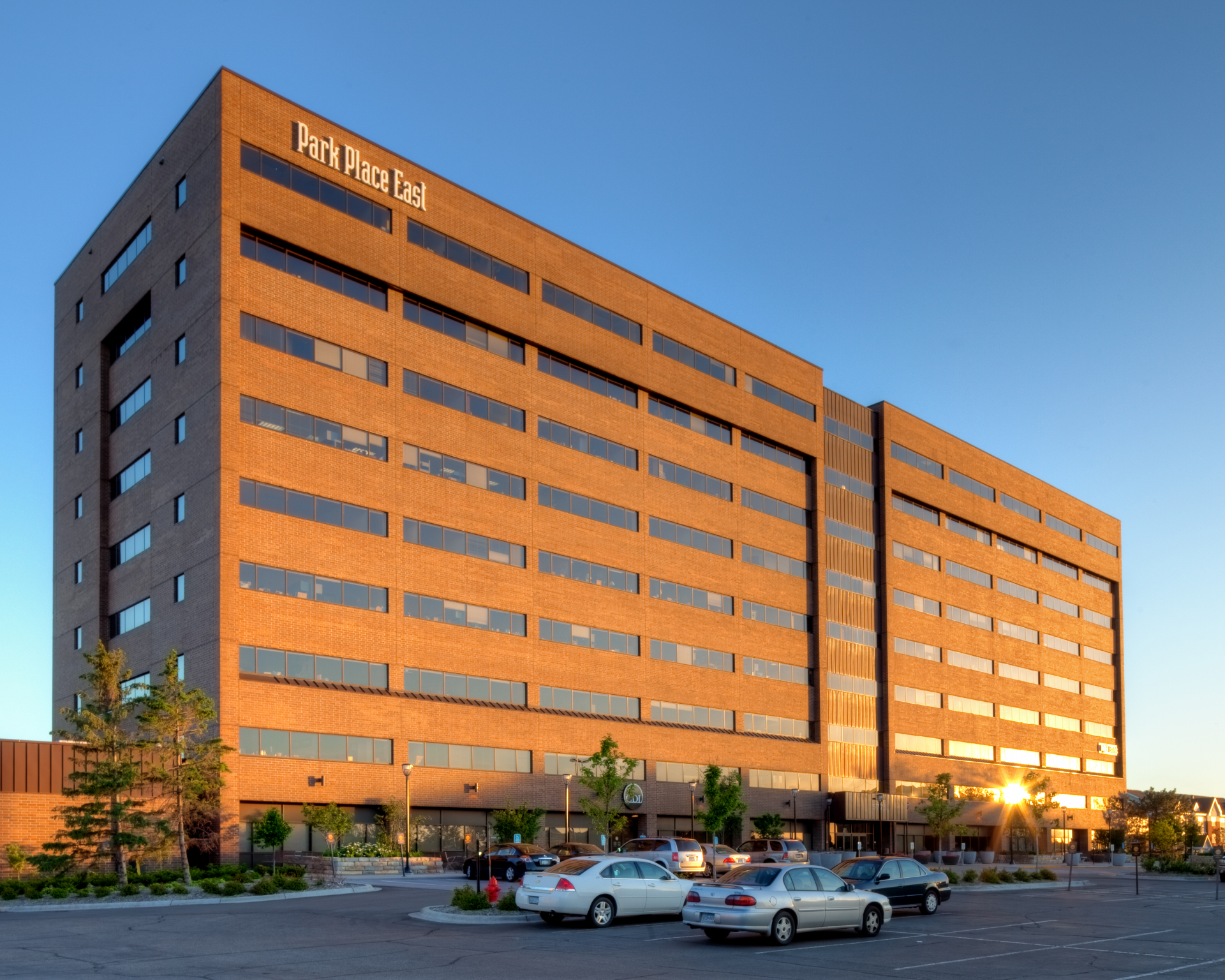
Neurosurgery - Woodwinds DBS, Woodbury
- Deep Brain Stimulation (DBS) programming for treatment of Essential Tremor (ET), motor symptoms of Parkinson disease (PD) and dystonia with Dr. Kristine Domingo.
- Attend and present patients at the Movement Disorders Division DBS Consensus.
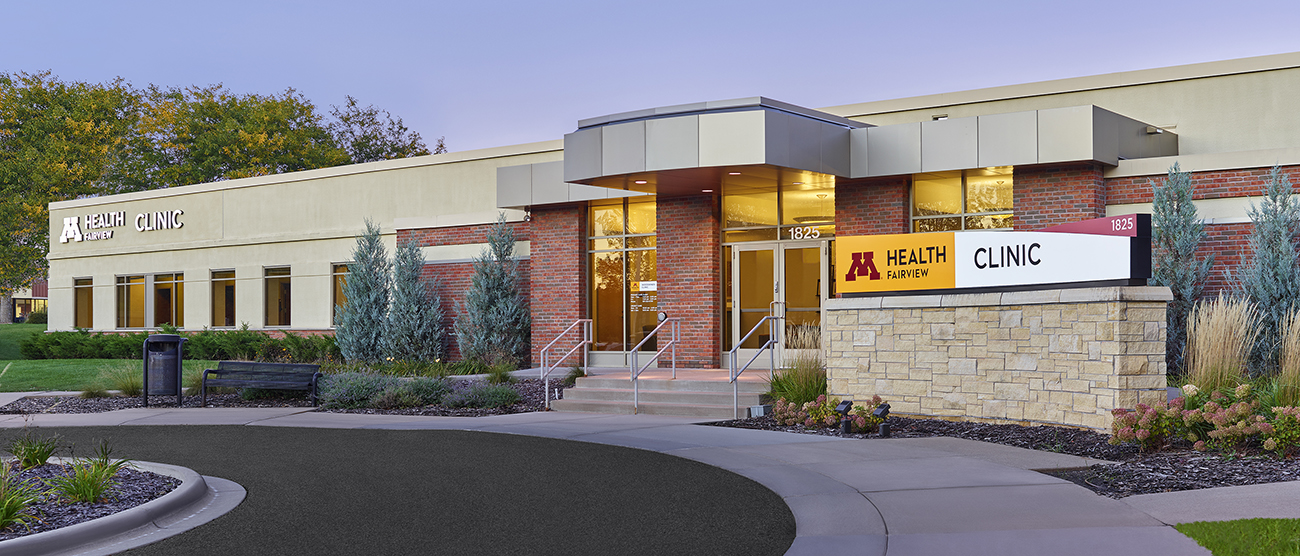
Contacts
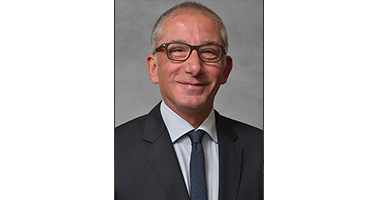
Ziad Nahas, MD, MSCR
Director of Neuromodulation Medicine Fellowship
Fax: (612) 273-9779
znahas@umn.edu
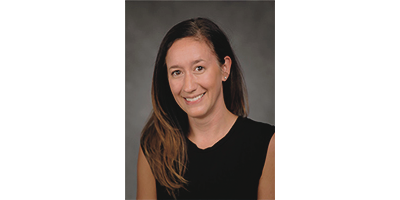
Carly Dolan
Neuromodulation Fellowships Coordinator
612-624-4624
cldolan@umn.edu
Program Faculty and Fellows
Program faculty include a diverse group of psychiatrists and psychologists with varying areas of expertise and backgrounds. Over the two year program, fellows will have the opportunity to work with many of our division faculty, as well as providers from other systems in the twin cities metro area. Below, is a list of the program faculty who nearly all fellows encounter during their time here, listed by their primary role. There are additional departmental and division faculty involved in our program via presentation of didactics, elective experiences, service coverage, research opportunities and consultation.
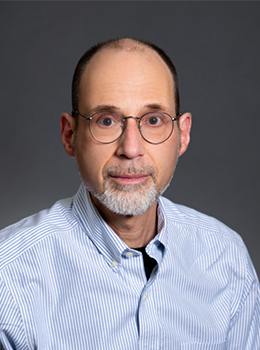
Scott Cooper, MD, PhD
secooper@umn.edu
Clinic: 612-626-6688
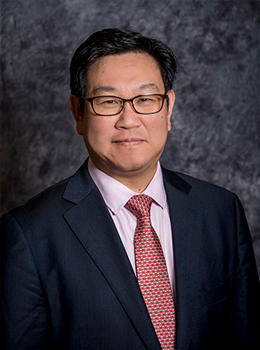
Michael C. Park, MD, PhD
mcpark@umn.edu
Office: 612-624-6666
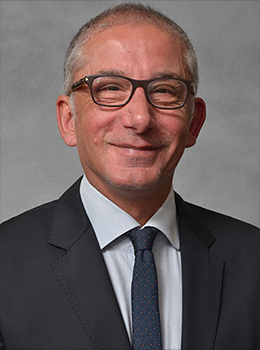
Ziad Nahas, MD, PhD
znahas@umn.edu
Office: 612-273-9732
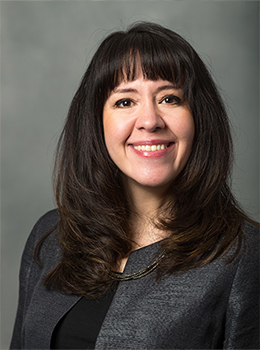
Sophia Albott, MD, MA
Head of the Division of Adult Mental Health (AMH),
Assistant Professor,
Department of Psychiatry & Behavioral Sciences
albot002@umn.edu
Office: 612-273-9041
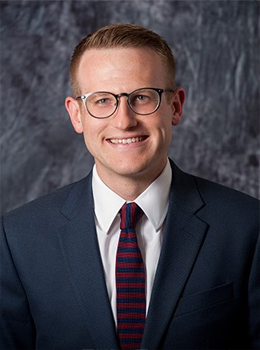
David Darrow, MD, MPH
Assistant Professor,
MnDRIVE Neuromodulation Scholar,
Institute of Translational Neuroscience Scholar,
Rockswold-Kaplan Endowed Chair for Traumatic Brain Injury (with Hennepin Healthcare),
Department of Neurosurgery
darro015@umn.edu
Office: 612-624-6666
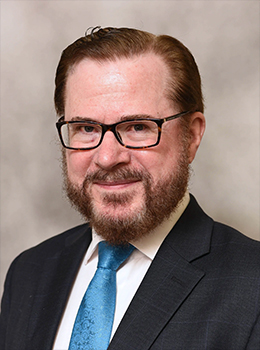
Thomas Henry, MD
Professor and Epilepsy Research Director
Program Director, Epilepsy Fellowship
Neurologist, Epileptologist, Clinical Neurophysiologist
trhenry@umn.edu
Office: 612-624-9025
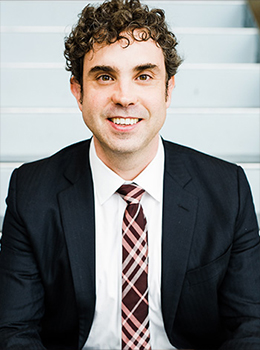
Alex Herman, MD, PhD
Assistant Professor,
Department of Psychiatry & Behavioral Sciences
herma686@umn.edu
Office: 612-625-1194
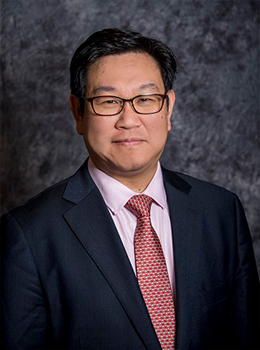
Michael Park, MD, PhD
Associate Professor and Resident Program Director,
Department of Neurosurgery
mcpark@umn.edu
Office: 612-624-6666
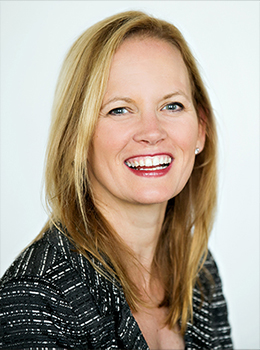
Carol Peterson, PhD
Professor,
Department of Psychiatry & Behavioral Sciences
peter161@umn.edu
Office: 612-273-9811
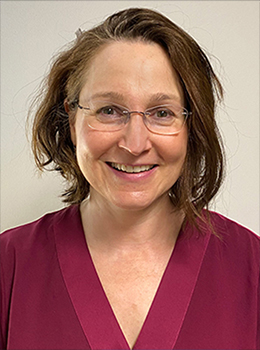
Sabine Schmid, PhD, LP
Director for Psychology Education,
Assistant Professor,
Department of Psychiatry & Behavioral Sciences
schmids@umn.edu
Office: 612-273-9116
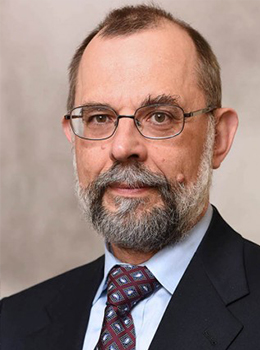
Ted Walzack, MD
Professor and Vice-Chair of Clinical Affairs,
Department of Neurology
walcz003@umn.edu
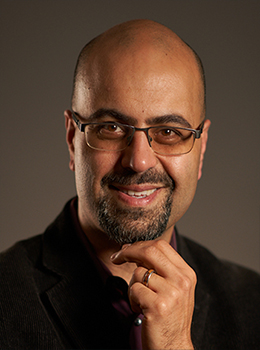
Alik Widge, MD, PhD
Associate Professor,
Department of Psychiatry & Behavioral Sciences
awidge@umn.edu
Office: 612-625-3330
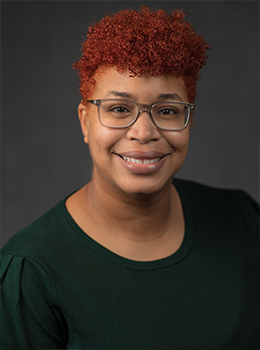
Saydra Wilson, MD
Assistant Professor,
Department of Psychiatry & Behavioral Sciences
wils2548@umn.edu
Office: 612-625-3330
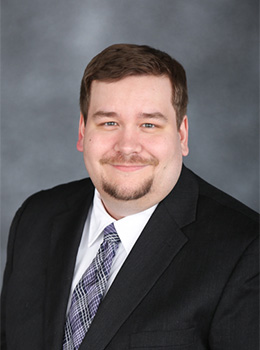
Robert Lowe, MD
Neuromodulation Medicine Fellow

Susan G. Kratz
612-626-4999
kratz@umn.edu
